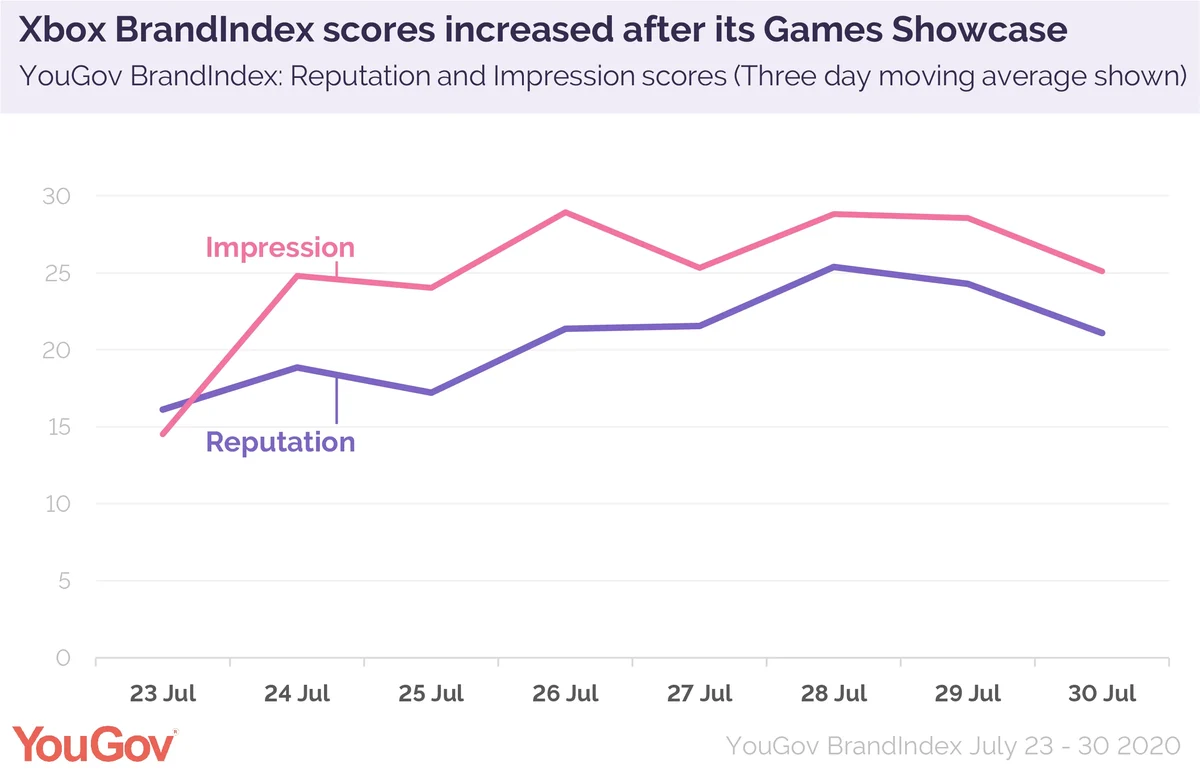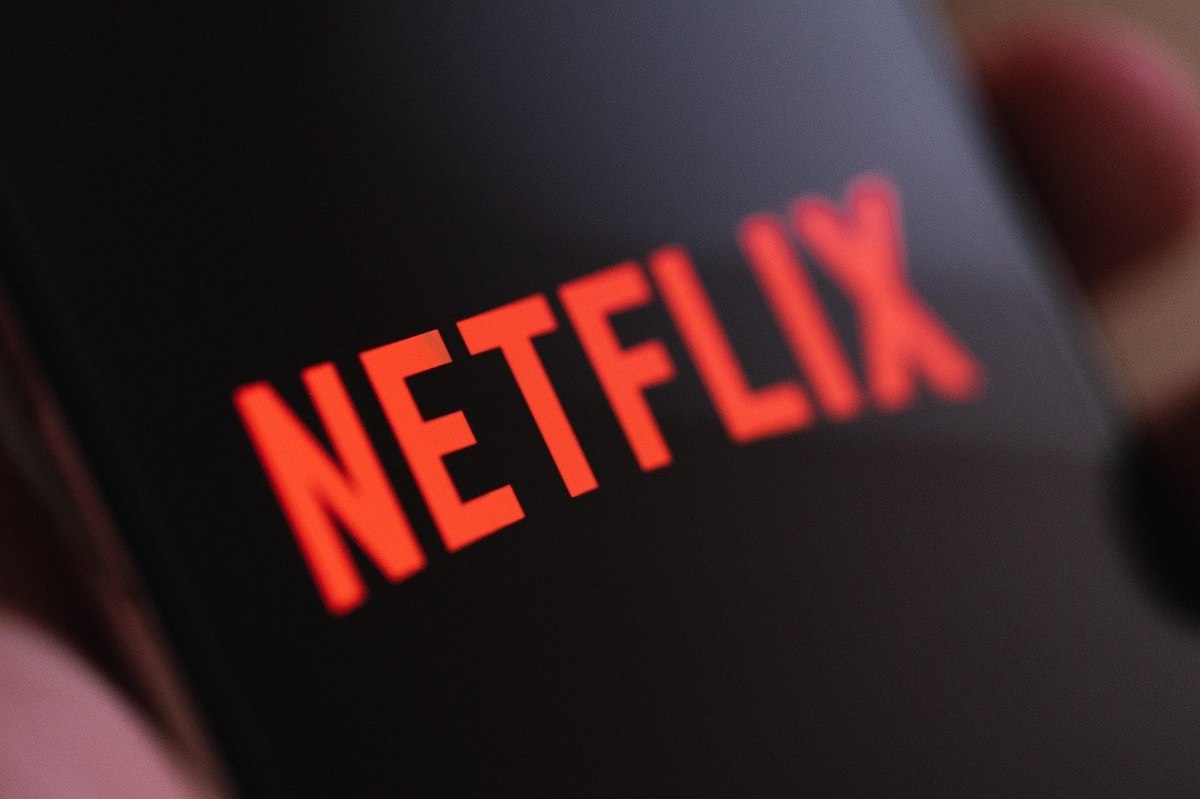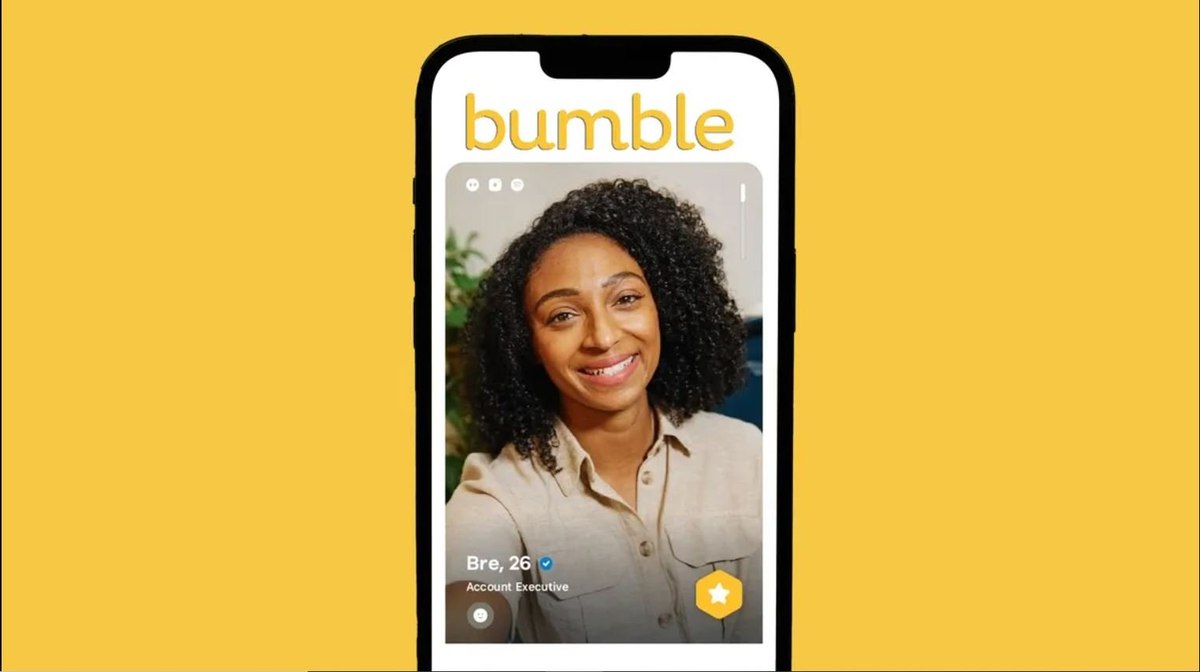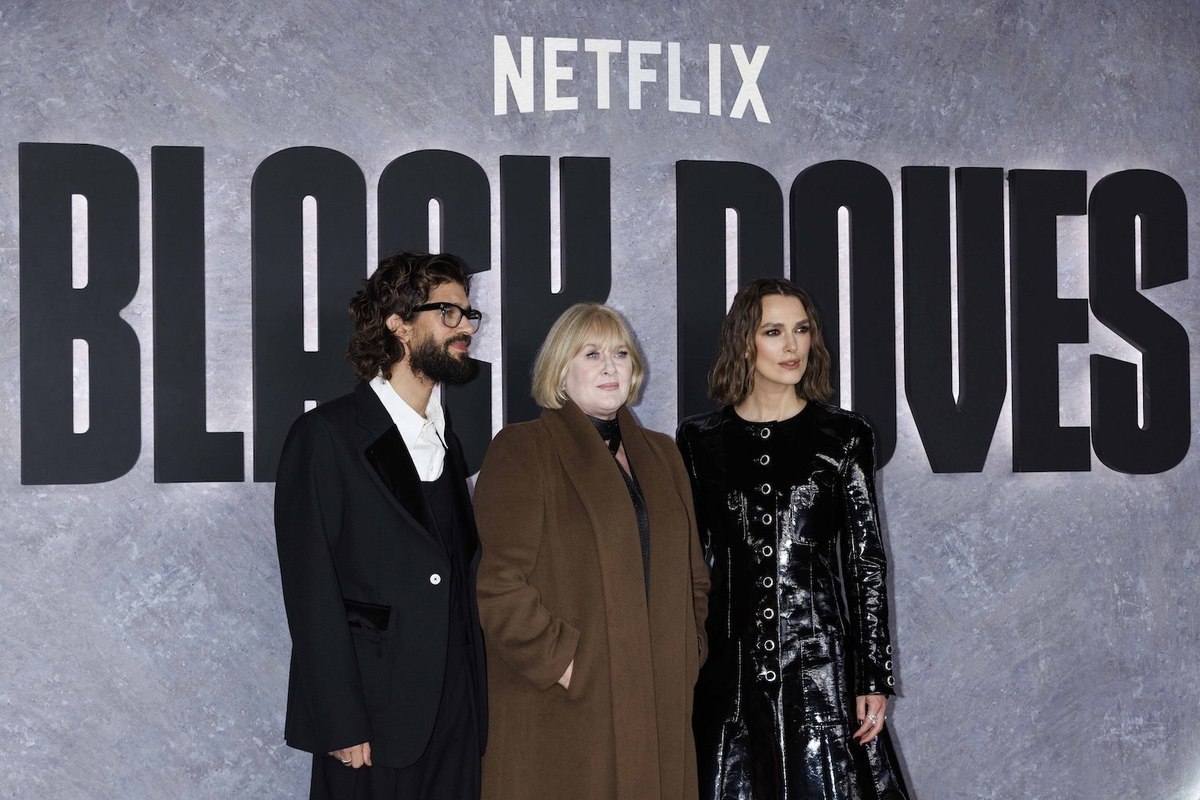
Xbox marks the spot with well-received launch
On July 23, Microsoft hosted a digital games showcase to promote the Xbox Series X ahead of the console’s official launch later this year.
Expectations were high following Sony’s well-received PlayStation 5 reveal in June, but data from YouGov BrandIndex indicates that the event had a different reception.
Buzz scores (which measure whether people have recently heard anything positive or negative about a brand) for the event increased from 3.2 to 7.3 in the week leading up to the event and rose further immediately after from 7.3 to 9.8. Consideration also rose ahead of the showcase from 9.2 to 16.3 (July 16 – July 20), and to 15.8 immediately after the event. In the days after PlayStation’s similar showcase, consideration jumped by ten percentage points and buzz scores tripled.
But Microsoft may not be too worried about the comparison. Where the PlayStation event focused on impressing customers with new hardware and exclusive games such as Spider-Man, Xbox has adopted a more platform-neutral approach.
The showcase heavily emphasised the Game Pass subscription service, which allows customers to play a library of digital titles on a compatible platform of their choosing – whether it’s Xbox One, Series X, or PC – for a flat monthly fee.

Focusing on player value rather than raw power may have dulled the event’s impact across some metrics, but our data shows it could have positively influenced others. Reputation scores rose from 16.1 to 25.4 within a few days (July 23 – 28) of the event, while recommendations increased from 8.9 to 17.0 over the same period. Over just three days (July 23 – 26) impressions also nearly doubled, climbing from 14.5 to 28.9.
As a console showcase, Sony’s event may have done more to generate excitement for the PlayStation 5 than Microsoft’s showcase did for the Xbox Series X. But Microsoft are increasingly uninterested in going head to head with Sony; as long as they generate subscription revenue, it does not necessarily matter to them where consumers are playing their games. On those terms, the event could well be considered a success.

























